QuestionHello,
My CWD recently felt a bit ill (lethargy, loss of appetite, skin discolouration), so we took him to the vet and it appeared he was victim to hookworm due to increased stress (we moved him to a friends house whilst we went on holiday). The vet gave him some anti-worming and since he has been A LOT more lively and back to his former self. He seems a lot happier and is back in his home environment running around like before. However, it has almost been three days since and he has not got his appetite back. The vet told us it would take him 2-3 days to get his appetite back, and he is due back for his second worming dose in 6 days time. I am still worried as he has not eaten a thing for a while. Now, should we wait a little while longer to see if he gets his appetite back or carry on trying to feed him?
So far I have tried giving him crickets, locusts and waxworms holsing them in front of him) and he is not interested! He prefers to just jump on me and run to the highest spot!
Thanks in advance
Adam
AnswerHi Adam,
Kudos to you for seeking veterinary help. Hookworms are particularly nasty and can debilitate an animal quickly.
I am assuming that your vet prescribed fenbendazole (or the related mebendazole) which is the standard de-wormer for reptiles and other animals. Many anti-parasitic treatments will cause inappetance and your experience is often echoed on the various reptile Q and A forums. The return of normal eating habits can be gradual but I don't think you need to panic at this early stage. Two or three days might have been a bit optimistic, I wouldn't be surprised if it took a week or even a bit more. The fact that his normal active behaviour has returned is an excellent sign of his continuing recovery. I would keep offering small numbers of insects at least every second day.
Reptiles that are not eating are frequently not drinking either so make an extra effort to keep him hydrated by soaking him if necessary. Hydration is particularly important when they are receiving medications which are processed through the kidneys and liver.
If you continue to be concerned you might try one of the reptile products that claim to be appetite stimulants but I really can't speak to how well (if at all) they actually work.
Some ailing reptiles will take a small amount of chicken-based baby food when it is dabbed on their upper lip or snout. This can help them nutritionally until their normal appetite returns.

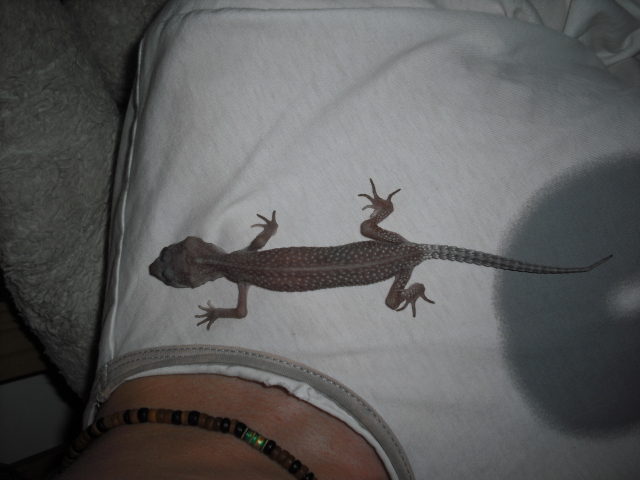 Leopard Not Eating
QuestionQUESTION: We have 3 leopard geckos. We have had
Leopard Not Eating
QuestionQUESTION: We have 3 leopard geckos. We have had
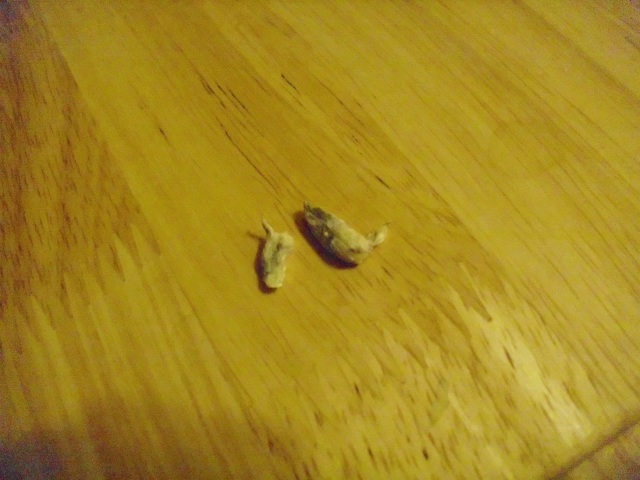 Juvie not eating pt. 4
QuestionQUESTION: Me and Binti... again.
I decided to
Juvie not eating pt. 4
QuestionQUESTION: Me and Binti... again.
I decided to
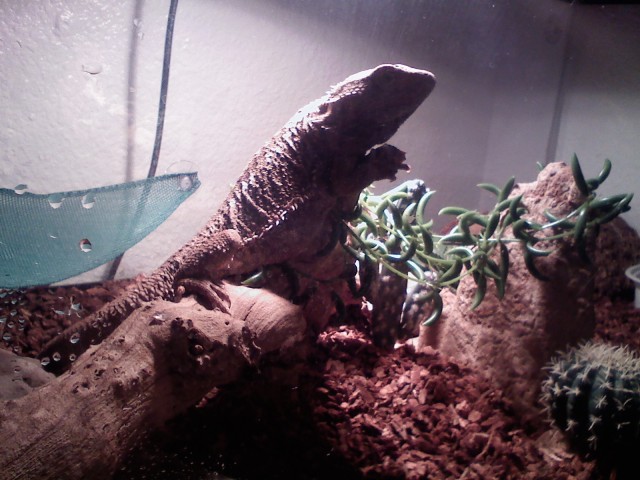 rescued a beardie
Question
kittie our bearded dra
we got two bearded drag
rescued a beardie
Question
kittie our bearded dra
we got two bearded drag
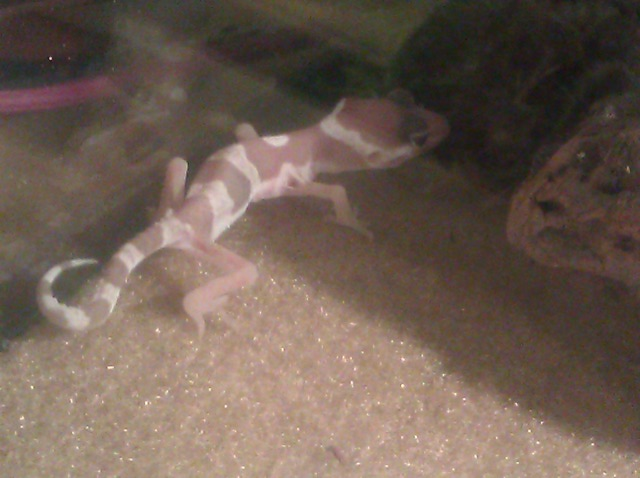 Leopard Gecko SICK
Question
Leo Gecko Under His Tail
I just r
Leopard Gecko SICK
Question
Leo Gecko Under His Tail
I just r
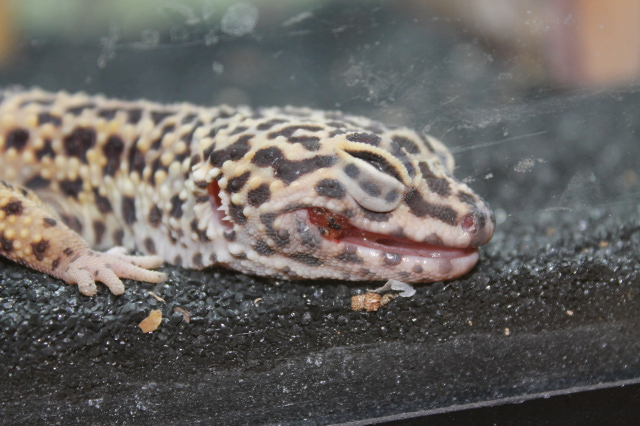 Leopard Gecko Mouth Problem
Question
side view open mouth
Hi, I have a
Leopard Gecko Mouth Problem
Question
side view open mouth
Hi, I have a